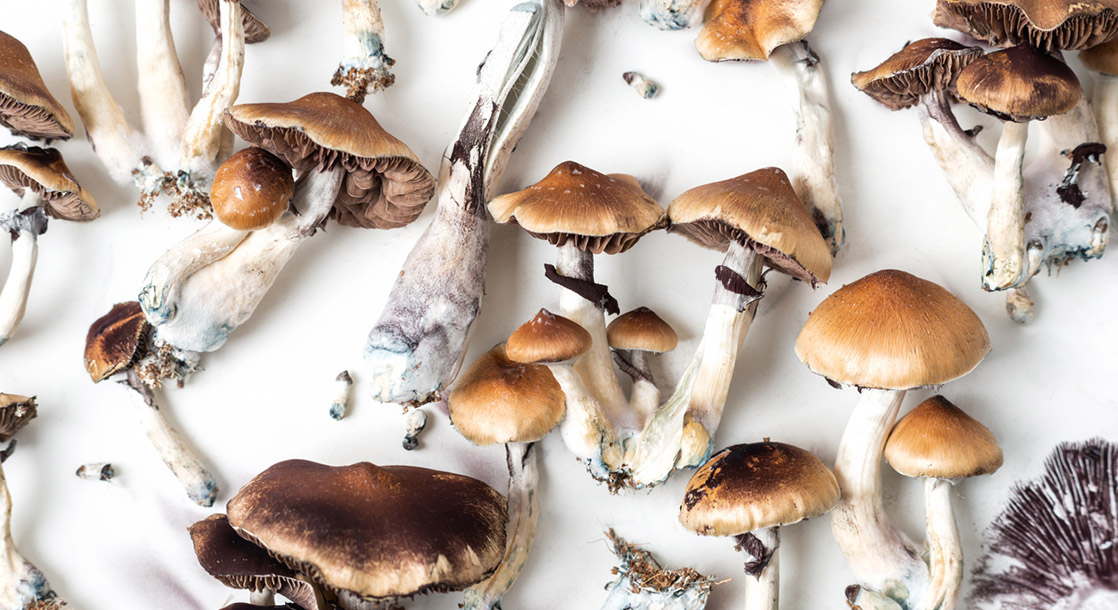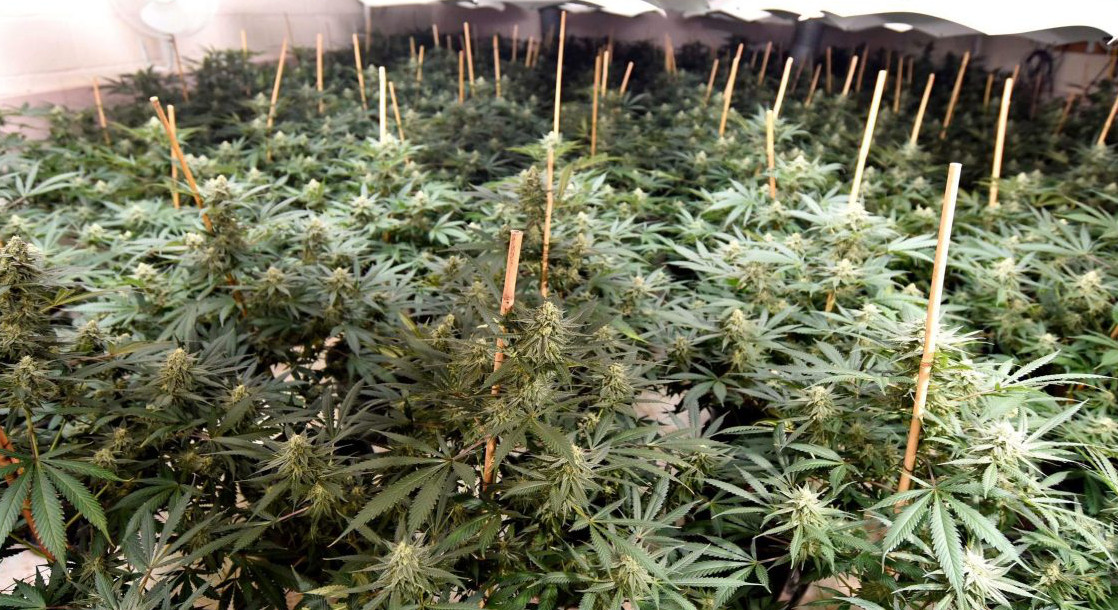For the first time in over 50 years, the US government has awarded a federal grant to researchers investigating the medicinal use of psychedelics.
Last week, the US National Institutes of Health (NIH) awarded nearly $4 million in grants to Johns Hopkins Medicine in Baltimore to fund research on using psilocybin as a treatment for tobacco addiction. To conduct this massive three-year study, Hopkins will partner with the University of Alabama at Birmingham and New York University.
For this new double-blind trial, each of the three participating universities will recruit tobacco smokers and randomly assign them to one of two groups. Subjects in the experimental group will take a dose of psilocybin and then participate in cognitive behavioral smoking-cessation therapy sessions. The control group will also receive cognitive behavioral therapy, but will take a placebo drug before participating.
The study’s lead researcher, Matthew Johnson, Ph.D, Susan Hill Ward Professor in Psychedelics and Consciousness at the Johns Hopkins University School of Medicine, has been investigating the addiction-fighting potential of psychedelics for the past 13 years. Last year, the university released a pilot study reporting that one single dose of psilocybin helped 80 percent of smokers kick their habit. Johnson has also co-authored two other recent studies showing that LSD, psilocybin, and other psychedelics can help people overcome addictions to alcohol, opioids, and stimulants.
“The historical importance of this grant is monumental,” said Johnson in a statement. “We knew it was only a matter of time before the NIH would fund this work because the data are so compelling, and because this work has demonstrated to be safe. Psilocybin does have very real risks, but these risks are squarely mitigated in controlled settings through screening, preparation, monitoring and follow-up care.”
Johns Hopkins Medicine has published several studies on psychedelics in recent years, including a groundbreaking study demonstrating that a single dose of psilocybin can reduce cancer patients’ fear of death for as long as five years. In 2019, the school established the Center for Psychedelic & Consciousness Research to expand this research. In addition to the current tobacco study, the new center is conducting trials to discover if psilocybin can treat anorexia and other mental health issues.
But while all other recent research into the therapeutic use of psychedelics has been privately funded, this new study on psilocybin and tobacco addiction is actually being supported by the US government. After years of actively blocking research into the medicinal use of psilocybin and other Schedule I drugs, it seems like the feds are finally relaxing their stranglehold.
Next year, the DEA plans to order huge increases in the quantities of MDMA, psilocybin, cannabis, and other illegal drugs that it will make available to researchers. The FDA has also granted “Breakthrough Therapy” status to MDMA and psilocybin, a decision that could soon lead to the legalization of these drugs for medical use. Oregon also voted to completely legalize psilocybin-assisted therapy last year, and nearly a dozen individual US cities have decriminalized the possession and use of magic mushrooms and other natural psychedelics.











